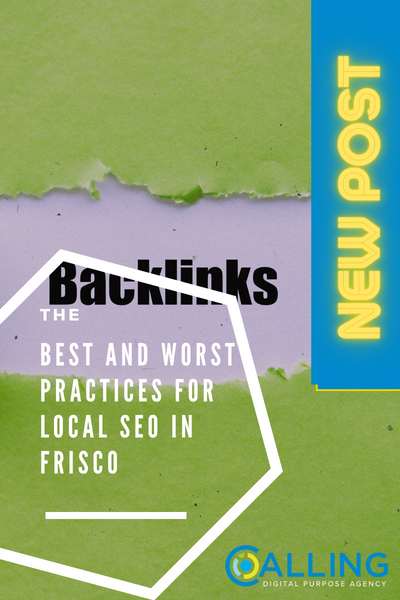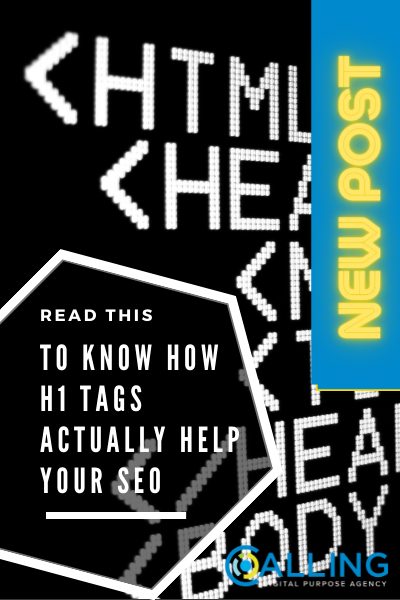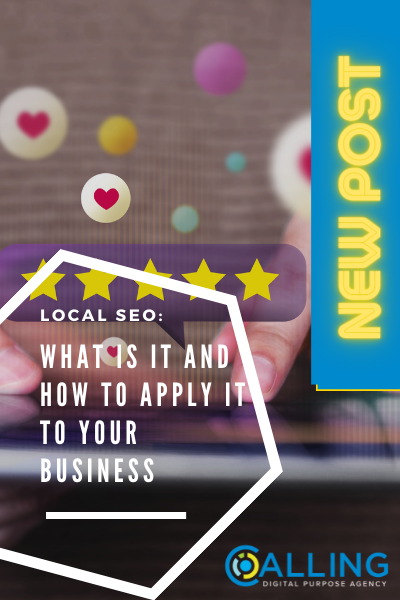Why SEO Is Crucial For Increasing Your Website Conversions
Search engine optimization is a must for websites today. It is not enough to create a well-designed website and thought-provoking articles—your pages should follow current practices in SEO so they will rank highly in organic search.
The short-term goal of having a website is to show visitors that you are a reliable source of information. They should see your brand as a leader in your industry or niche and ultimately believe in you enough to sign up for your program, buy your products, or try your software. The ultimate goal of SEO should be to gain qualified traffic from keywords related to your business.
All of these goals hinge on your visibility. SEO marketing attempts to bring organic traffic to your website by pushing your URL up the search engine results pages. If people don't know who you are or can't find your website, your copy won't matter. Even if you write well, you won't get people to your site if no one is paying attention.
Many people think that SEO is only about driving people to a website without using paid links or ads. However, it is more than that. If you do search engine optimization correctly, it will help increase your site conversions. Here are some ways SEO helps your websites convert.
SEO Marketing Attracts Qualified Traffic
Search engine optimization lets you focus on phrases and terms that matter to you. When you target keywords closely related to your business, you will attract the right kind of traffic. For most companies, SEO involves targeting long-tail keywords specific to your brand and services. People who use these terms are more likely to be further down the sales funnel—they already know about your brand and the services you provide. Targeting long-tail keywords let you exhibit your expertise, which people want when searching for these phrases.
When you optimize for search engines and focus on long-tail keywords, the users who reach your website will more likely be people close to a buying decision. Give them the nudge they need through an SEO marketing strategy primed to convert.
SEO Lets You Match Pages with User Intent
Search engines want to give users the most relevant results for their queries. So, when you type "8.5 x 14 printer and copy paper," Google does not direct you to the homepage of Staples. Instead, it gives you the specific page on the office supply company's website that lists the different legal size papers they carry. The search engine does this because this page contains the most relevant content. A person who searches for "8.5 x 14 printer and copy paper" is probably not looking for office chairs or the address of Staples' corporate headquarters.
SEO helps you match user intent. It gives browsers the most relevant page on your site as the entry point, which means a customer journey through an optimized website will take you through pages that address your needs. A vital part of SEO marketing is creating landing pages for different terms you want to rank for so that search engines will crawl, index, and rank your pages. Besides landing pages, it is also vital to create category pages and content that help users become more efficient and find what they need right away. If your website does that, it increases the chances that the user will convert.
For example, suppose you searched for legal size paper and landed on Staples' page. If you scroll past the photos, you will see a list of the different brands and types of legal size paper. Staples has grouped the brands and provided links to relevant products—you have "Top Rated," "Best According to User Ratings," "Most Popular Colors," "Least Expensive," and more, helping cut your research time considerably. With relevant, content-rich categories or landing pages, you will increase your website's ability to turn traffic into sales.
SEO Improves Your Page's UX
When you use modern SEO marketing principles in building your page, you provide better UX. Today, more people use mobile devices to browse the internet. Though people still use desktop computers, mobile devices generate 54.8 percent—more than half—of website traffic worldwide. Google, understandably, is prioritizing mobile search as a result. Its 2021 page experience update shows as much; this update will likely increase the weight of UX signals on search rankings. Google has emphasized that content should be mobile-friendly to rank highly in its results pages, especially in recent years. If you have a desktop-optimized website, it isn't the end of the world, but your pages won't reach the top of the SERPs.
Keeping your organic visibility means investing in mobile-friendly web content, and SEO marketing can help you with that. Besides ensuring that you keep your page rankings high, another reason to make your website mobile-friendly is it provides a better user experience.
Beyond satisfying Google's criteria, you should aim for good UX simply because it makes your website more navigable. After all, your primary audience is users. People who visit will be unlikely to buy from you through your website if they cannot find the products they want to purchase. Keeping your website loading times short and your pages clutter-free is a good start—consult an SEO marketing specialist to help you create a plan for making your website's UX better. With a more mobile-friendly website, you will please both Google and your users, bringing positive results to your rankings and conversions.
Conclusion
Search engine optimization is a valuable tool for driving business. SEO can positively affect your conversions—your website needs to be accessible and user-friendly, so people will want to keep coming back to it. Also, people wouldn't want to purchase from you if they don't see you as an authority. If you create optimized content, you can establish yourself as a reliable source in your field. Using SEO ensures that your page follows current best practices for content writing and UX. Optimizing your website makes it more relevant to users, something that Google rewards with higher rankings on search results pages.
Grow your traffic and dominate your industry with a killer SEO strategy from Calling Digital. We are a digital marketing agency in Frisco, TX, providing on-page and off-page SEO services, keyword research, blog writing, link building, and more. Call us today to learn more!











